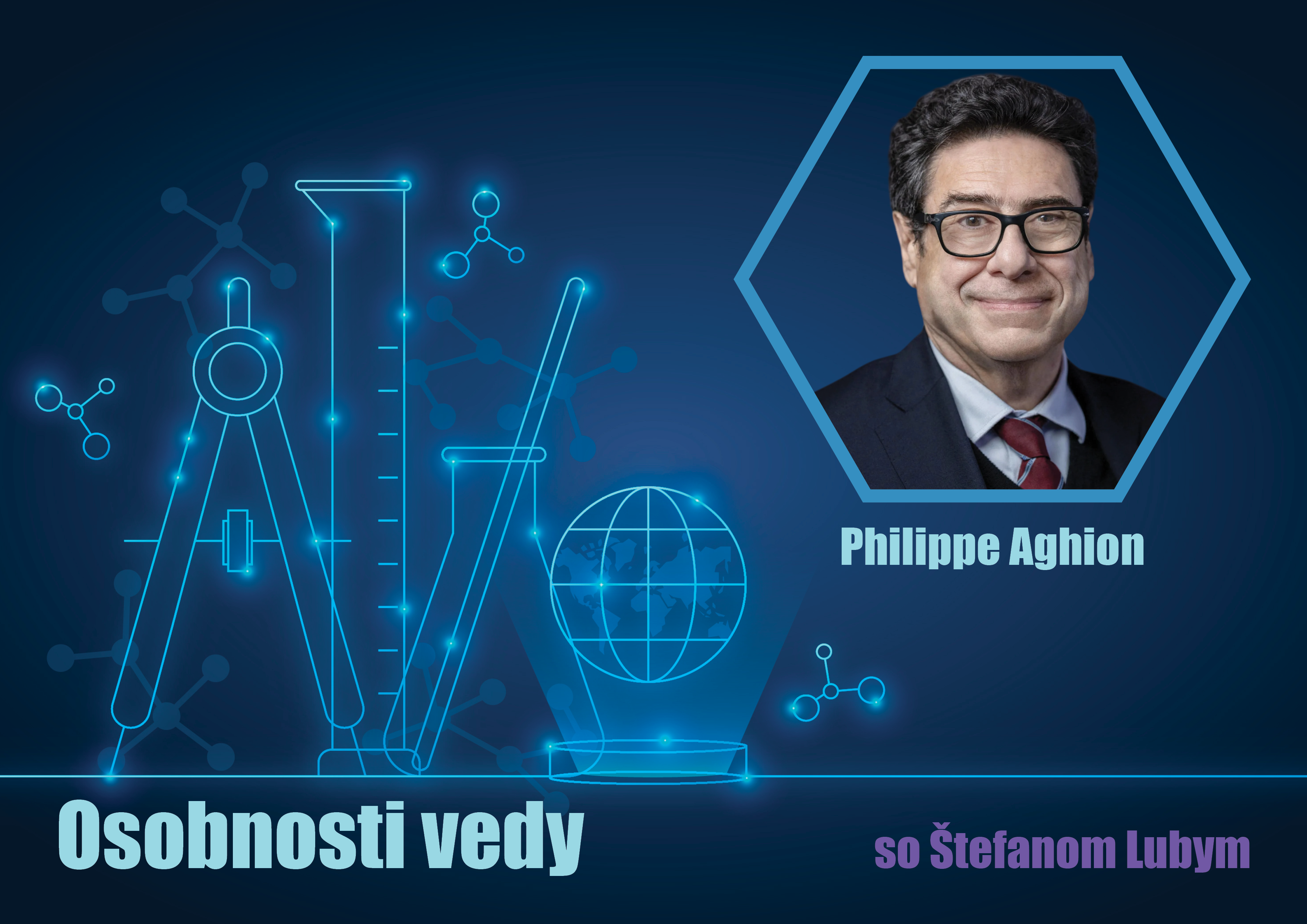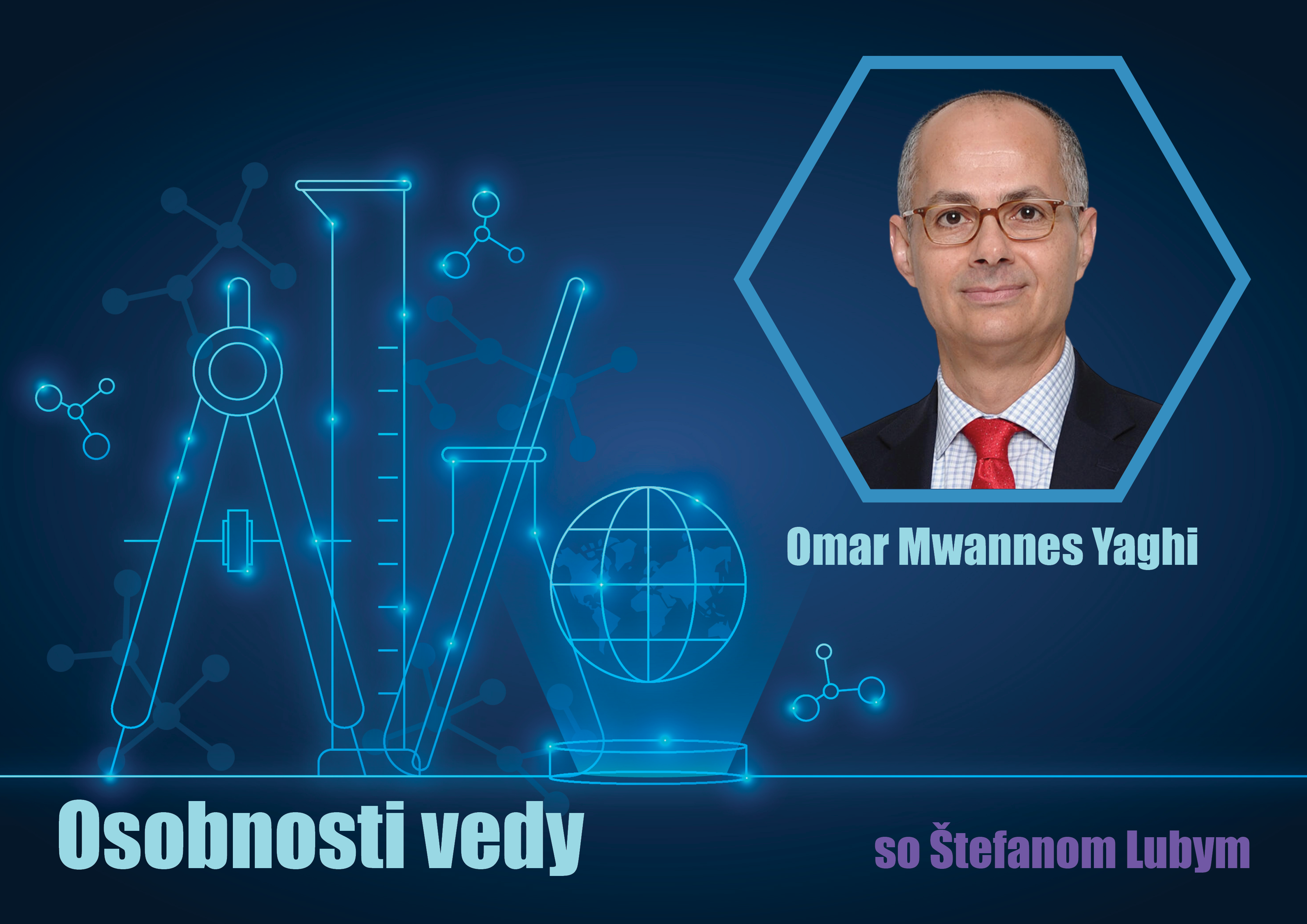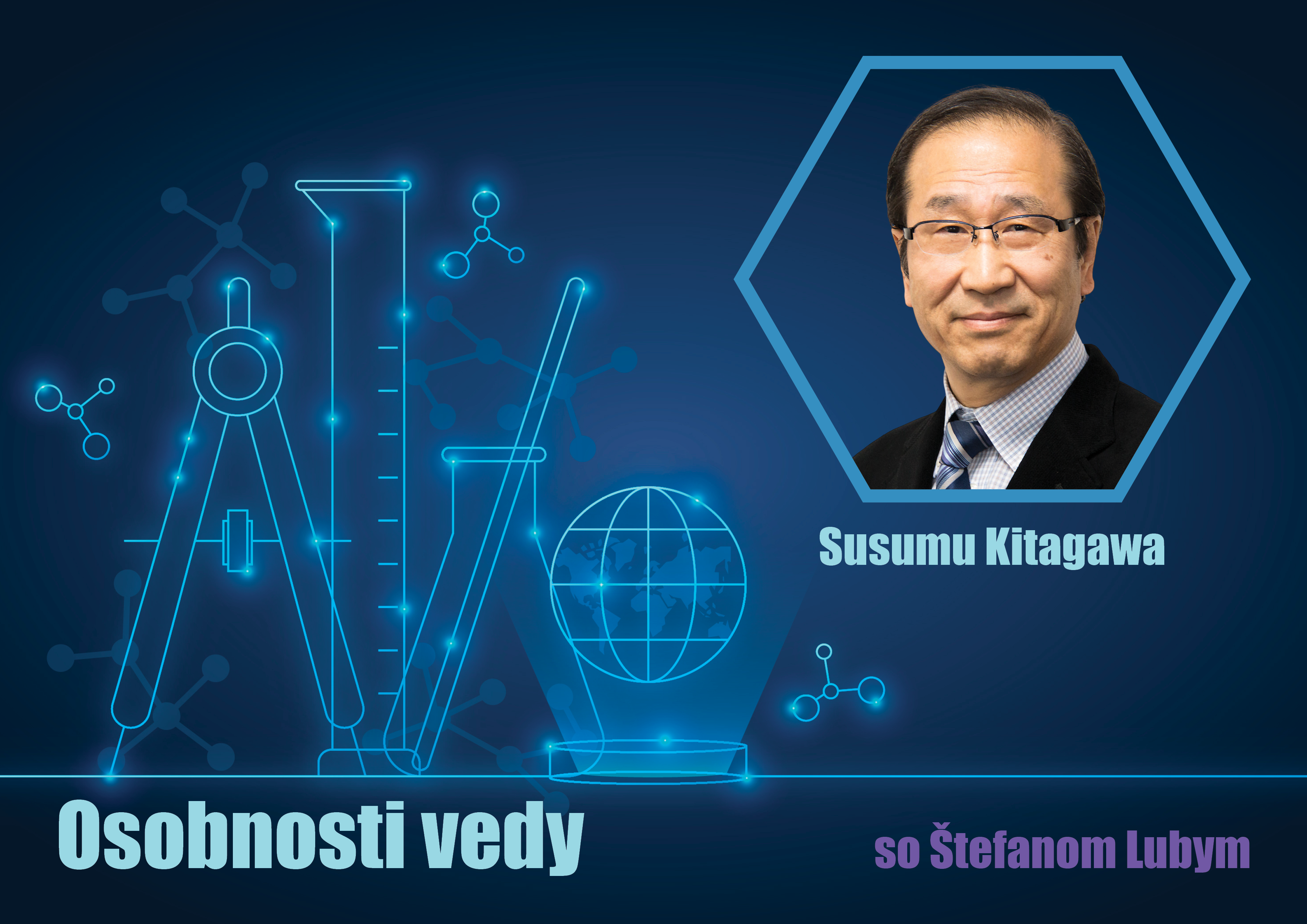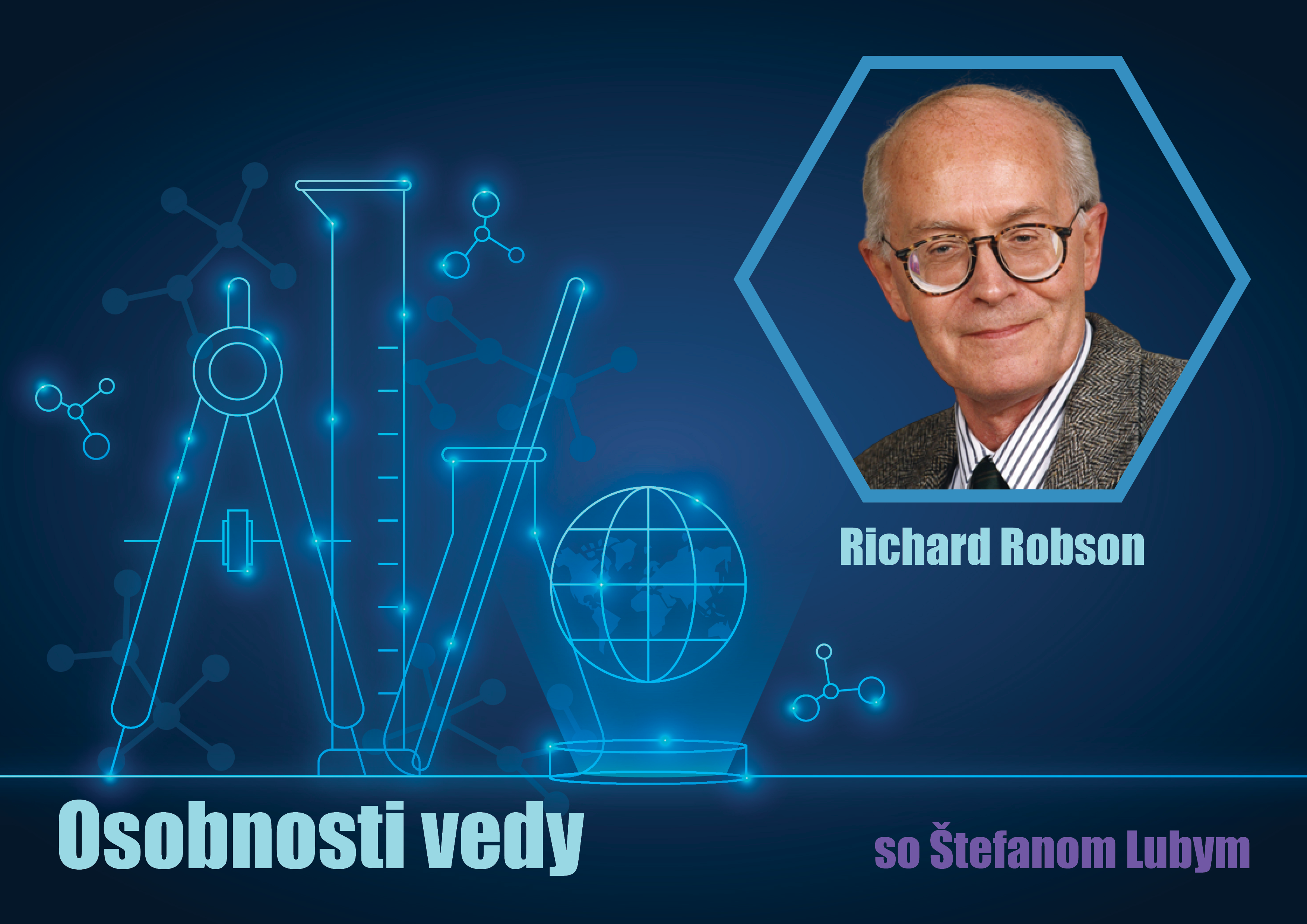Personalities of science
Peter Wilkinson Howitt, 31. 5. 1946 Guelph, Ontario, Kanada – kanadský ekonóm. Študoval na Univerzite McGill, kde získal roku 1968 stupeň bakalára, stupeň magistra mu o rok neskôr udelila Univerzita Západné Ontario a doktorát obhájil na Severozápadnej univerzite v USA roku 1973. Potom sa vrátil na Univerzitu Západné Ontario, kde vyučoval až do roku 1996. Pokračoval na Štátnej univerzite Ohio a Brownovej univerzite, kde sa rolu 2013 stal emeritným profesorom. Pôsobil ako prezident Kanadskej ekonomickej asociácie a editor Časopisu o peniazoch, kredite a bankovníctve. Svoje zásadné práce publikoval s P. Aghionom, týkali sa endogénnej teórie rastu, úlohy peňazí, trhov a ďalších vnútorných rastových faktorov. Stal sa členom Kráľovskej spoločnosti Kanada, udelili mu cenu Nadácie BBVA a i. Roku 2025 mu udelili spolu s Philippe Aghionom polovicu Nobelovej pamätnej ceny v ekonomických vedách za teóriu trvalého rastu prostredníctvom kreatívnej deštrukcie. Druhú polovicu ceny prevzal J. Mokyr.







